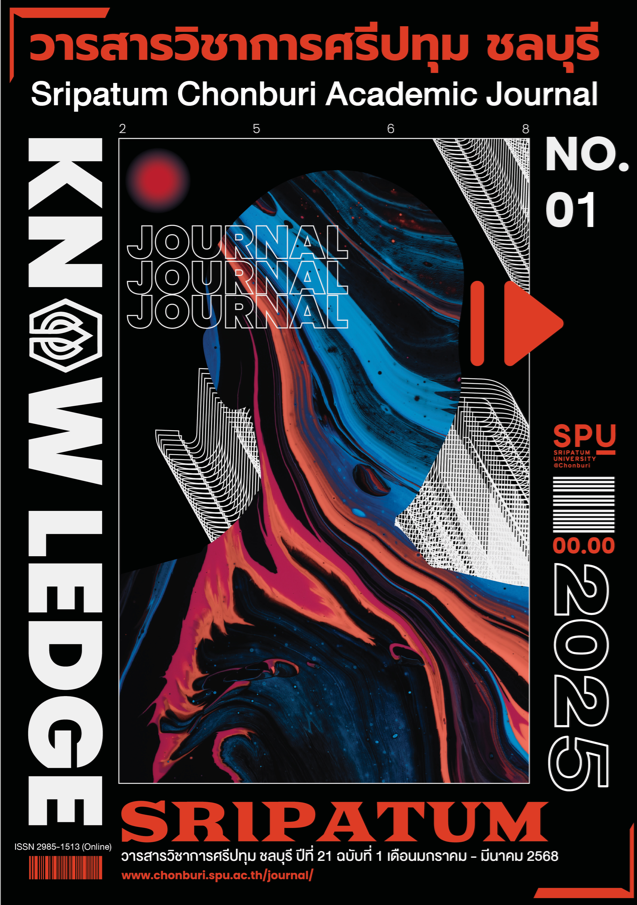AN ANALYSIS OF THE FEMALE PROTAGONIST IN DYSTOPIAN SOCIETY IN SHATTER ME SERIES*
Keywords:
Dystopia, Totalitarianism, Shatter MeAbstract
This paper seeks to assess the character Juliette, the protagonist in the Shatter Me series which is post-apocalyptic. This work explores the effects of totalitarianism with special reference to the nature and development of Juliette. It examines the story of her transformation and personal growth during the period of enshrinement and struggle for survival under an oppressive regime. The sample includes Juliette and four other characters connected to her, as well as one organization: Apocalyptic warriors including: Aaron Warner, Anderson, Adam Kent, Kenji Kishimoto, James Kent, and The Reestablishment. In aggregate, the research focuses on five characters and one organization. Sample selection procedure was guided by the characters, which are pertinent to the study’s theme and examines the female protagonist and male characters who transform her. The sources of inquiry are the novels of Shatter Me series and the theoretical framework employed are post-feminist theory as articulated by Hélène Cixous and totalitarian theory by Hannah Arendt.
This paper shows how Juliette struggles with the loss of a stable identity in fascist regime that yokes the body and the mind. It is sad that The Reestablishment puts so much pressure on her and ultimately erases her self-worth, making her a weapon without her agency. However, Juliette continues to struggle for the rebirth of herself, she gets stronger and tries to change herself from an oppressed person to a worthy leader. Finally, she regains her individuality and turns into a benevolent boss.
References
Arendt, H. (1951). The origins of totalitarianism. New York: Harcourt Brace Jovanovich.
Cixous, H., Cohen, K., & Cohen, P. (1976). The laugh of the Medusa. Signs: Journal of wom-en in culture and society, 1(4), pp. 875-893.
Collins, S. (2008). The hunger games. New York: Scholastic Press.
Dashner, J. (2009). The maze runner. New York: Delacorte Press.
Freud, S. (1923). The ego and the id. The standard edition of the complete psychologi-cal works of Sigmund Freud, 19, pp. 1-66.
Irigaray, L. (1985). This sex which is not one. New York: Cornell University Press.
Mafi, T. (2011). Shatter me. New York: Harper Collins.
Mafi, T. (2014). Ignite me. New York: Harper Collins.
Roth, V. (2011). Divergent. New York: Katherine Tegen Books.
Downloads
Published
Issue
Section
License
Copyright (c) 2024 Sripatum University Chonburi Campus

This work is licensed under a Creative Commons Attribution-NonCommercial-NoDerivatives 4.0 International License.
บทความทุกบทความเป็นลิขสิทธิ์ของวารสารวิชาการศรีปทุม ชลบุรี



